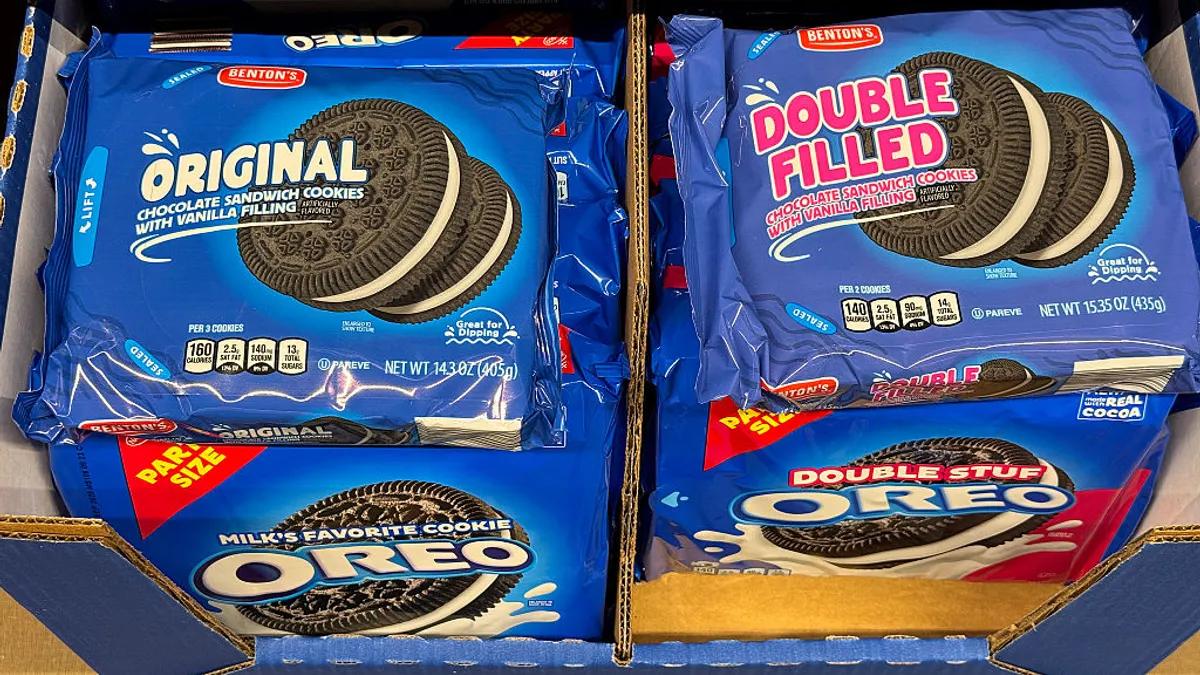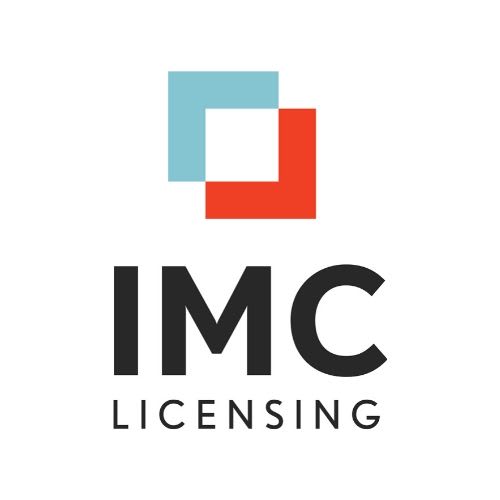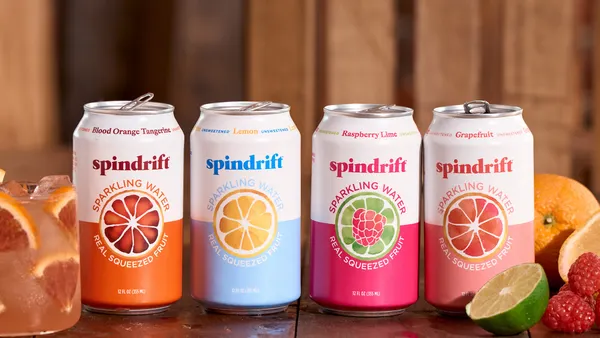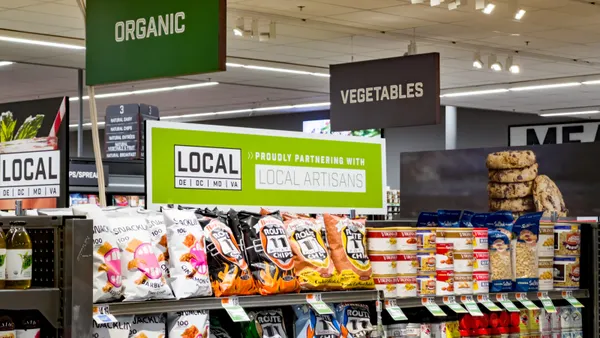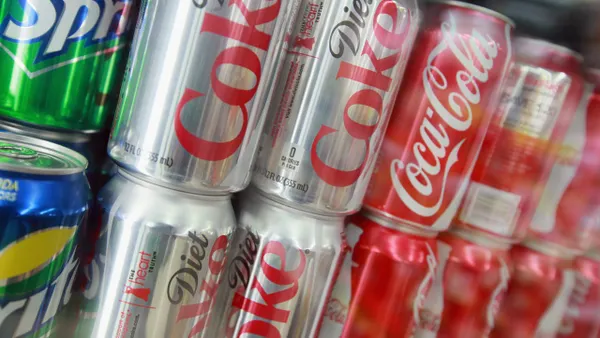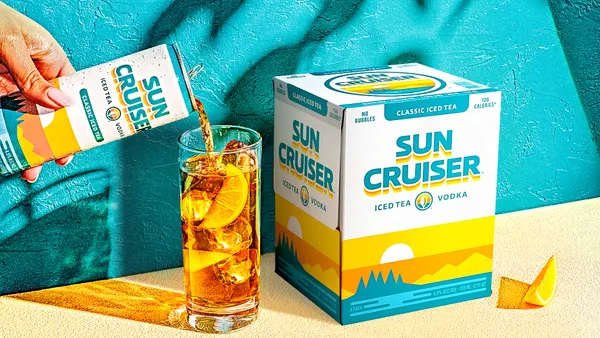Dive Brief:
- The FDA proposed a rule that companies provide health data and other documentation when declaring a new food ingredient or additive is safe, a step toward eliminating a voluntary approval process decried by Health Secretary Robert F. Kennedy Jr.
- The rule would require companies to submit mandatory notices when declaring an ingredient is Generally Recognized as Safe, or GRAS. Currently, notices are voluntary, though strongly encouraged by the FDA.
- The proposal is included among a list of upcoming regulatory priorities by the Trump administration. In March, Kennedy directed the FDA to explore rulemaking to eliminate companies' ability to self-affirm that an ingredient is safe.
Dive Insight:
The voluntary GRAS notification process started in 1997, when the FDA concluded "it could no longer devote substantial resources" to the time-consuming process of affirming a substance was generally considered safe, according to a history of the rule. Throughout the 1970s and 1980s, it would take more than 72 months for the agency to wade through new petitions asking for ingredient approvals.
Under the current process, food companies can self-affirm their ingredients as safe if public scientific data and information have established that a substance doesn't present health risks under the conditions of intended use. The self-affirmation process was meant to significantly shorten the time it took for new ingredients to reach the market.
Kennedy has lambasted the self-affirmation process, previously saying manufacturers have “exploited a loophole” to allow new chemicals into the food supply “often with unknown safety data.”
The proposed rule would exempt substances that are already listed or affirmed as GRAS, or ingredients where the FDA has issued a "no questions letter." This indicates when the agency agrees with a company that an ingredient can be called safe for use.
The proposed new requirements have yet to be published in the Federal Register, at which point they will be subject to comments before a final rule is announced. The prospect of a new rule comes at a time when the FDA is undergoing mass layoffs, including in food safety, which could delay the ultimate approval process. Currently, the FDA is supposed to respond to GRAS notification letters within 180 days, though that process can take longer.
In a legal alert to clients, Venable LLP said the rule raises "questions regarding FDA's legal authority to mandate GRAS notification requirements." The proposal would likely " have a difficult time surviving a court challenge," the firm said.
"Rather than pursuing potentially controversial regulatory changes that may not withstand a court challenge, the agency may be better served to consider whether existing enforcement mechanisms adequately address safety concerns while maintaining the integrity of the regulatory system," Venable wrote.




